Need to clarify the basis for determining the deadline for completing the agreement
Regarding the draft Resolution stipulating a number of mechanisms and policies to remove difficulties and obstacles in organizing the implementation of the Land Law, delegate Nguyen Huu Thong ( Lam Dong ) said that many contents need to be regulated more clearly to ensure feasibility, transparency and consistency.
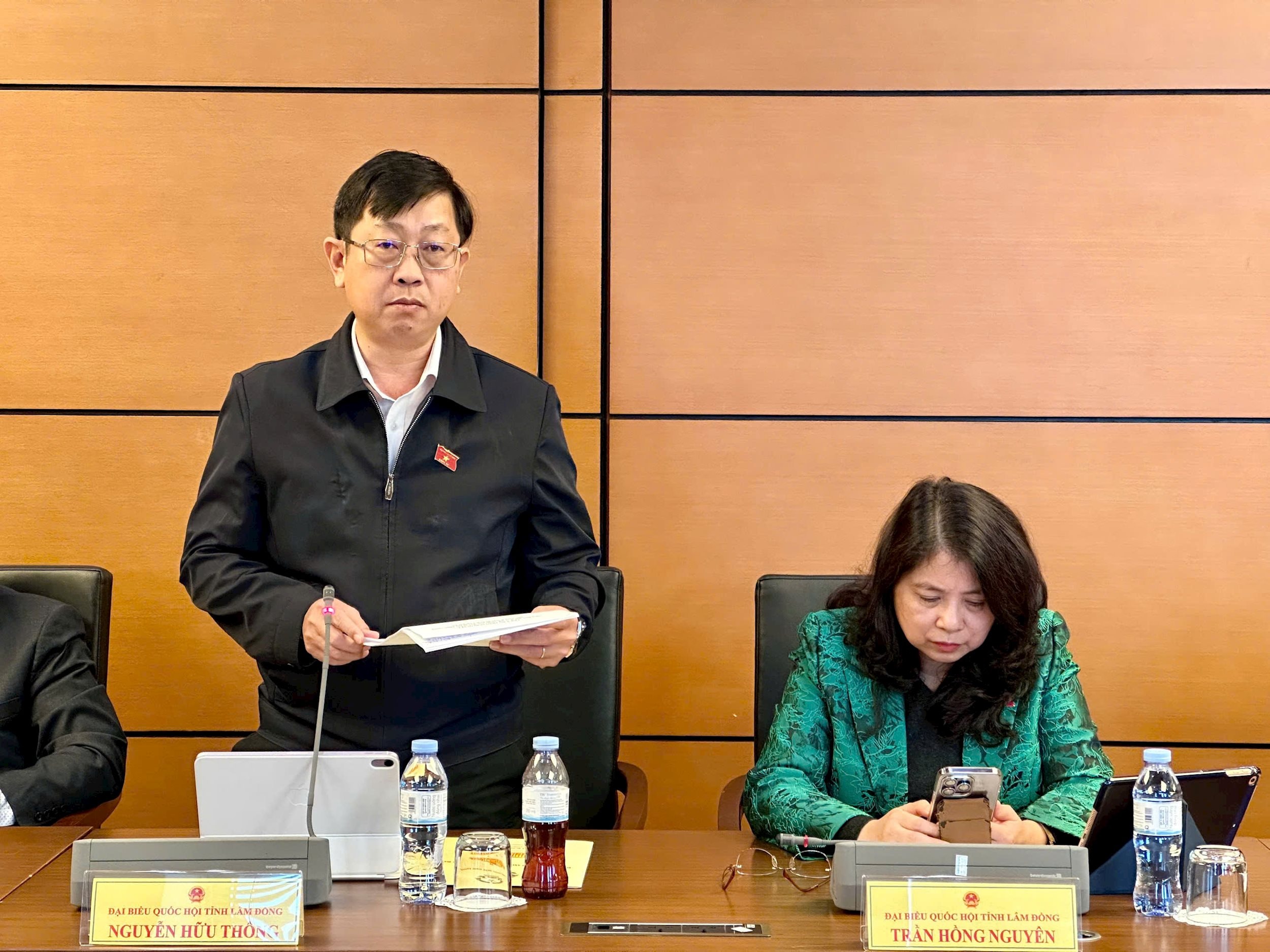
While the regulation allowing the recovery of the remaining land area when over 75% of the area and over 75% of the land users agree is in line with reality, delegate Nguyen Huu Thong suggested that it is necessary to clarify the basis for determining the deadline for completing the agreement or the extension period. At the same time, clearly stipulate the responsibility of the Provincial People's Council when considering the recovery of the remaining area, associated with the requirement to publicize the project, land area and the number of households to be recovered to increase transparency.
Regarding Clause 3, Article 3 on the conditions for land recovery for national defense, security and socio-economic development for national and public interests, the delegate proposed to add the case where the compensation plan does not arrange resettlement by land but is arranged by money at a minimum rate, has been publicly posted and has been agreed by over 75% of the people subject to resettlement. This proposal is to suit the reality in places where the resettlement land fund is limited and ensure the threshold of people's consensus.
Regarding Clause 6, Article 3, the delegate said that the current regulations on compensation by land on the spot are unclear and difficult to implement. The delegate proposed to amend in the direction of basing on the location with detailed planning, total area or equivalent infrastructure, and at the same time adjust the process of submitting to the Council for land price appraisal. The delegate also suggested to consider abolishing commune-level land use planning, switching to medium-term land use planning based on general planning and zoning planning.
Commenting on the deadline for land reclamation notification at Point a, Clause 8 of the draft, the delegate said that the time limit for issuing a land reclamation decision is not clearly defined, which could easily lead to different interpretations. Therefore, the delegate suggested that the decision should only be issued after the 60-day deadline for agricultural land and 120-day deadline for non-agricultural land, except in cases where the land user has written consent, in order to ensure consistency and shorten procedures in cases where the people have consented.
Regarding Article 4 of the draft related to land allocation, land lease and land use purpose conversion, delegates proposed to add regulations for projects that do not have a schedule but investors agree on compensation, land allocation and lease will be carried out according to the agreed schedule, regardless of the project's progress.
.jpg)
Regarding forestry land, delegates pointed out the inconsistency between the provisions of the 2024 Land Law on the allocation and leasing of special-use, protection and production forest land; at the same time, they cited the practice in Da Lat - where most of the land is protection forest - to propose clearly regulating the case of leasing protection forest land for eco-tourism to ensure feasibility and attract investment.
Regarding the transitional provisions in Clause 9, Article 4, the delegate proposed to add the case of projects under Article 116 of the Land Law, so that from July 1, 2025, they can base on the approved district-level land use plan or construction plan, avoiding congestion due to having to wait for the new commune-level land use plan.
Clear criteria and procedures for handling international cooperation problems
Regarding the draft Resolution on a number of specific mechanisms and policies to improve the effectiveness of international integration, delegate Trinh Thi Tu Anh (Lam Dong) said: Article 8 on handling difficulties and obstacles in key cooperation projects with foreign partners still has many unclear points. The concepts of "key", "strategy", "influence on foreign relations" do not have specific quantitative or qualitative criteria, which can easily lead to arbitrary application. The delegate suggested tightening the criteria, requiring these projects to have ratified international commitments or have their investment policies decided by the National Assembly.
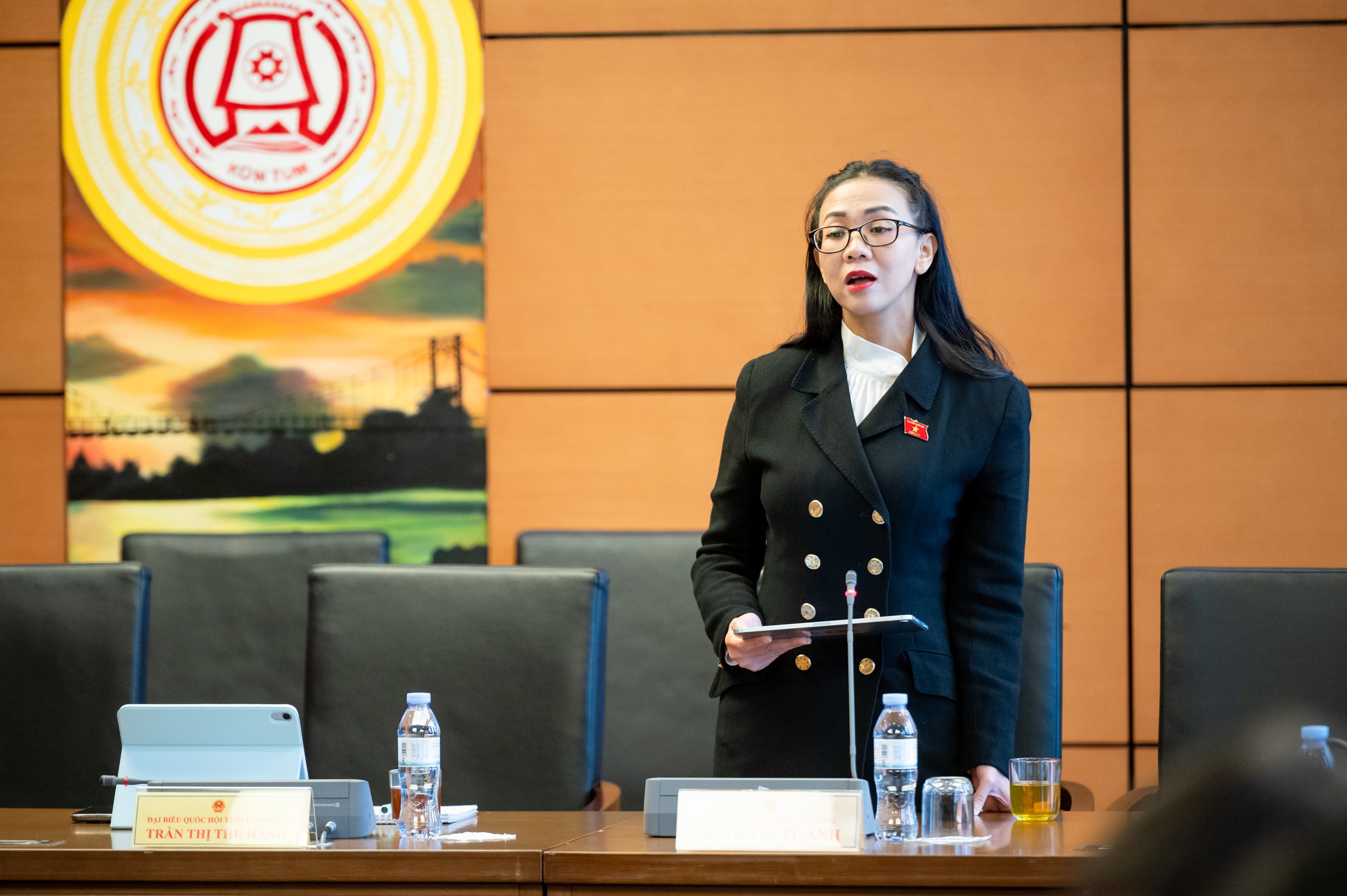
In addition, the 5-day timeframe for reviewing and finalizing the draft resolution is too short for issues that may require legal adjustments, affect foreign relations, and involve multiple ministries and sectors. Delegates recommended increasing the review period to at least 10 days to ensure quality, constitutionality, and legality.
Commenting on Article 14 on the use of trade defense tax to support businesses, delegates commented that the policy of “taking from trade, using for trade” is reasonable, but the regulation of “a portion” of tax money is vague and lacks predictability. Delegates suggested stipulating the principle of determining the minimum rate or assigning the Government to stipulate a specific rate to increase transparency.
At the same time, it is recommended to expand direct support for businesses, especially small and medium-sized enterprises; support prevention activities and capacity building, instead of just supporting industry associations.
Ensuring legality, planning and progress of Gia Binh Airport
Regarding the draft Resolution on investment policy for Gia Binh International Airport Project, delegate Duong Khac Mai (Lam Dong) analyzed the objective necessity in the context of major airports reaching their capacity limits and the Capital region needing new development momentum. Bac Ninh's location is assessed to be suitable for the development orientation of a multi-center airport network and to meet strategic requirements on economy, defense and security. The delegate agreed with the necessity of project investment as stated in the Government's Submission.
.jpg)
Regarding planning, delegate Duong Khac Mai suggested clarifying the consistency between the project and the Bac Ninh Provincial Planning and other specialized planning, especially when the project uses a large area of land for two or more rice crops. This is the basis for limiting planning conflicts and ensuring smooth implementation.
Regarding scale and technical indicators, delegates agreed with the orientation of 4F level airports but noted that indicators such as Skytrax 5 stars, Net Zero, LEED need to be quantified in accordance with capacity and implementation roadmap to avoid capital overruns.
Regarding progress, this is a project with special urgent requirements, especially phase 1.1 serving APEC 2027 with a large amount of compensation, resettlement and relocation. Delegates requested that the Resolution clearly stipulate responsibilities, authority and specific procedures to ensure feasibility.
Regarding the relocation of relics, delegates emphasized that this is a sensitive legal issue as the Law on Cultural Heritage does not have regulations on relic relocation. The project has 25 relics that need to be relocated, so it is necessary to clearly stipulate the principles, evaluation criteria, appraisal responsibilities of the Ministry of Culture, Sports and Tourism and the responsibilities of the People's Committee of Bac Ninh province to ensure legality.
.jpg)
Regarding the environment, delegates proposed adding regulations requiring a full environmental impact assessment, especially related to hydrology and weak soil treatment, before constructing main items.
Regarding the total investment and capital sources, delegates noted that the equity ratio of 15% is low compared to international practice, which can easily create financial risks. Delegates suggested that the Resolution clearly stipulate financial capacity criteria, monitoring and risk management mechanisms, to avoid unfinished projects.
Regarding defense and security requirements, delegates emphasized the need for close coordination between the Ministry of National Defense, the Ministry of Public Security, the Ministry of Construction and relevant agencies in designing, exploiting and operating dual-use projects, ensuring aviation security and safety.
From the above analysis, delegates highly agreed with the Government's proposal and proposed to issue a Resolution approving the investment policy of Gia Binh International Airport Project, while setting out specific requirements on specific mechanisms, progress, environment, finance and ensuring national defense and security.
Source: https://daibieunhandan.vn/hoan-thien-co-che-chinh-sach-thao-go-vuong-mac-thi-hanh-luat-dat-dai-va-cac-du-an-trong-diem-10396235.html



![[Photo] Prime Minister Pham Minh Chinh and his wife meet the Vietnamese community in Algeria](https://vphoto.vietnam.vn/thumb/1200x675/vietnam/resource/IMAGE/2025/11/19/1763510299099_1763510015166-jpg.webp)



![[Photo] The Standing Committee of the Organizing Subcommittee serving the 14th National Party Congress meets on information and propaganda work for the Congress.](https://vphoto.vietnam.vn/thumb/1200x675/vietnam/resource/IMAGE/2025/11/19/1763531906775_tieu-ban-phuc-vu-dh-19-11-9302-614-jpg.webp)
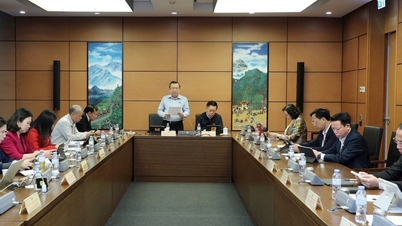


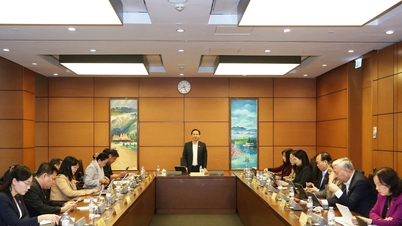




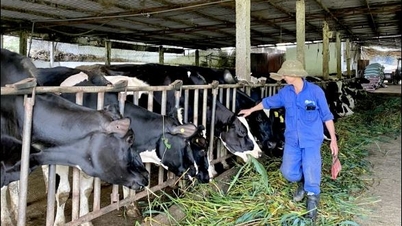

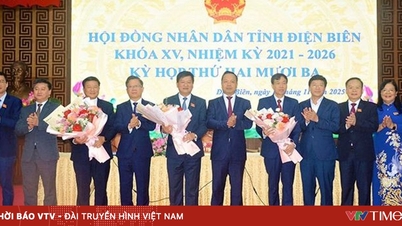

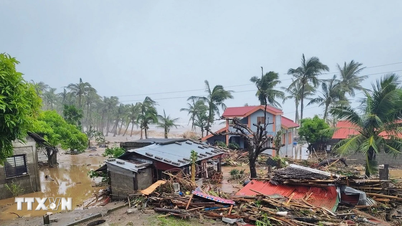

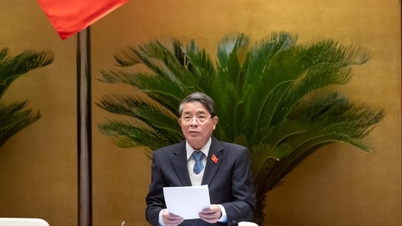
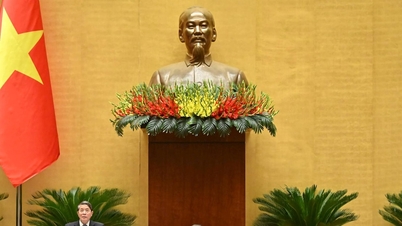


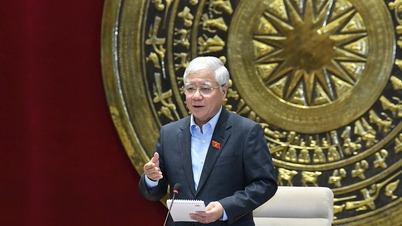





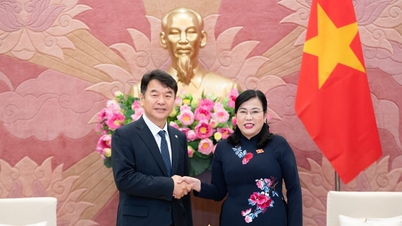
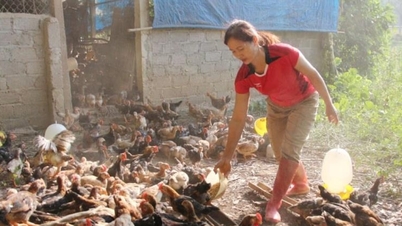



![[Photo] General Secretary To Lam receives CEO of AP Moller-Maersk Group, Denmark](https://vphoto.vietnam.vn/thumb/1200x675/vietnam/resource/IMAGE/2025/11/18/1763462288958_a3-bnd-8222-2510-jpg.webp)
![[Photo] General Secretary To Lam receives Slovakian Deputy Prime Minister and Minister of Defense Robert Kalinak](https://vphoto.vietnam.vn/thumb/1200x675/vietnam/resource/IMAGE/2025/11/18/1763467091441_a1-bnd-8261-6981-jpg.webp)









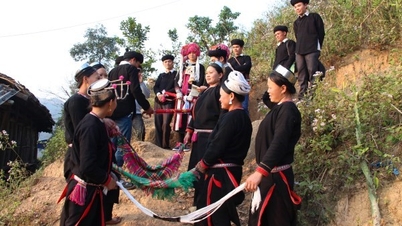













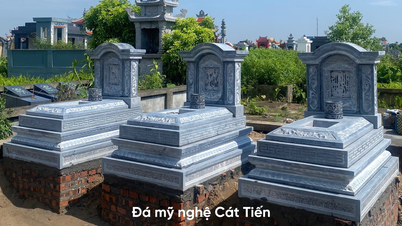



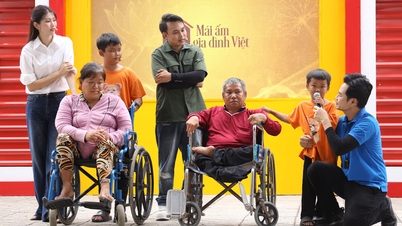
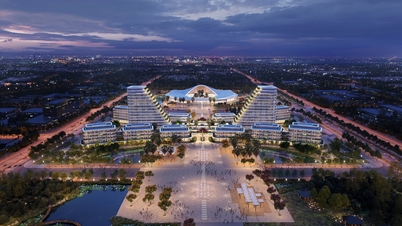












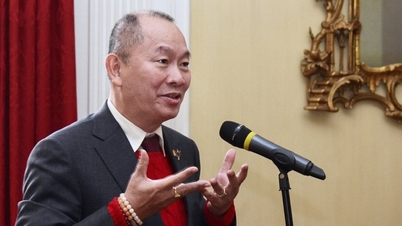
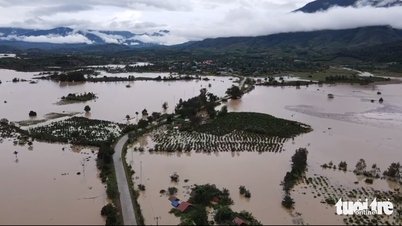




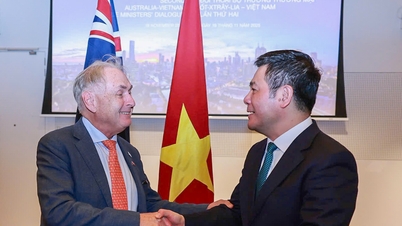



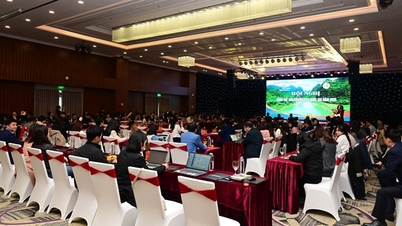

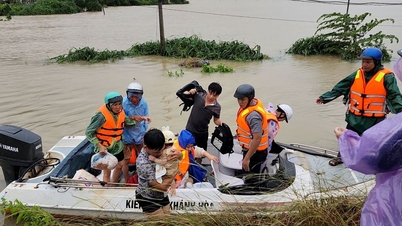

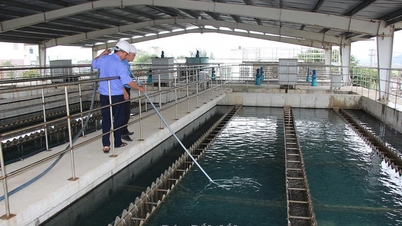

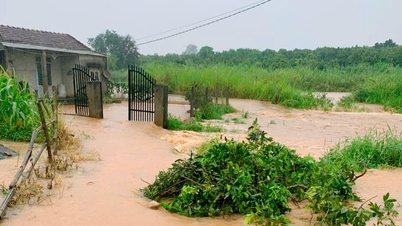


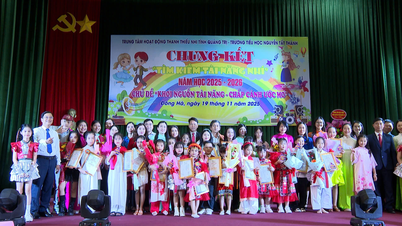

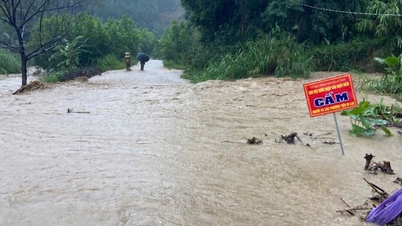











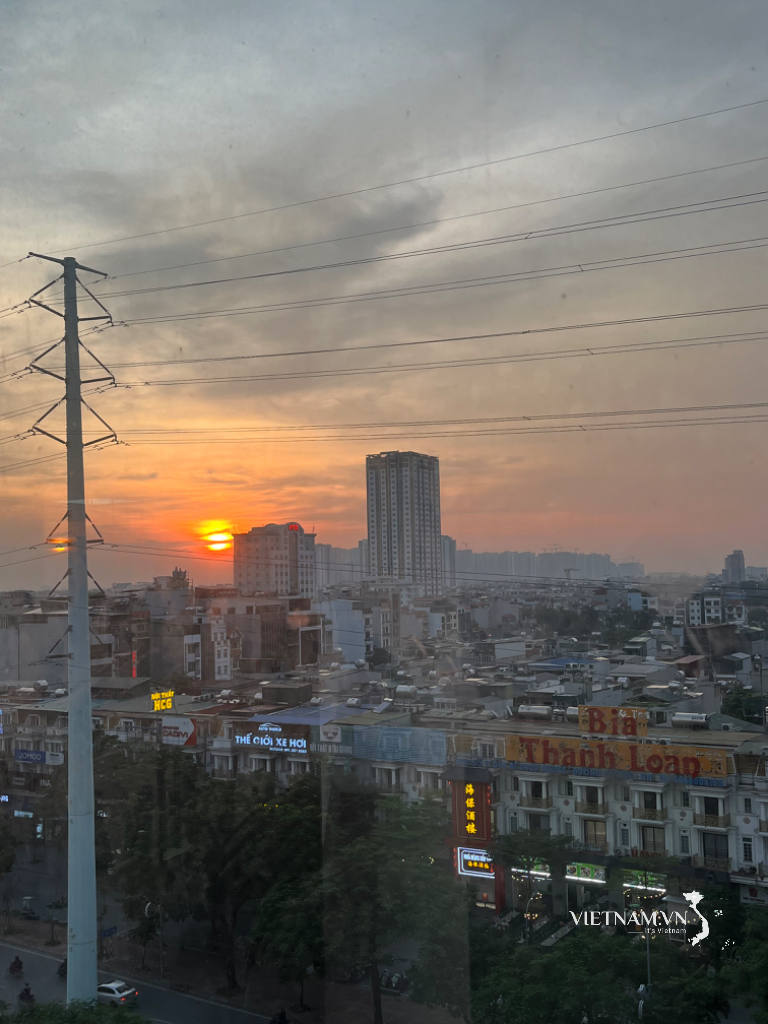


Comment (0)